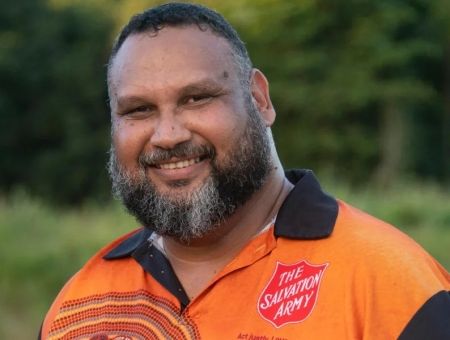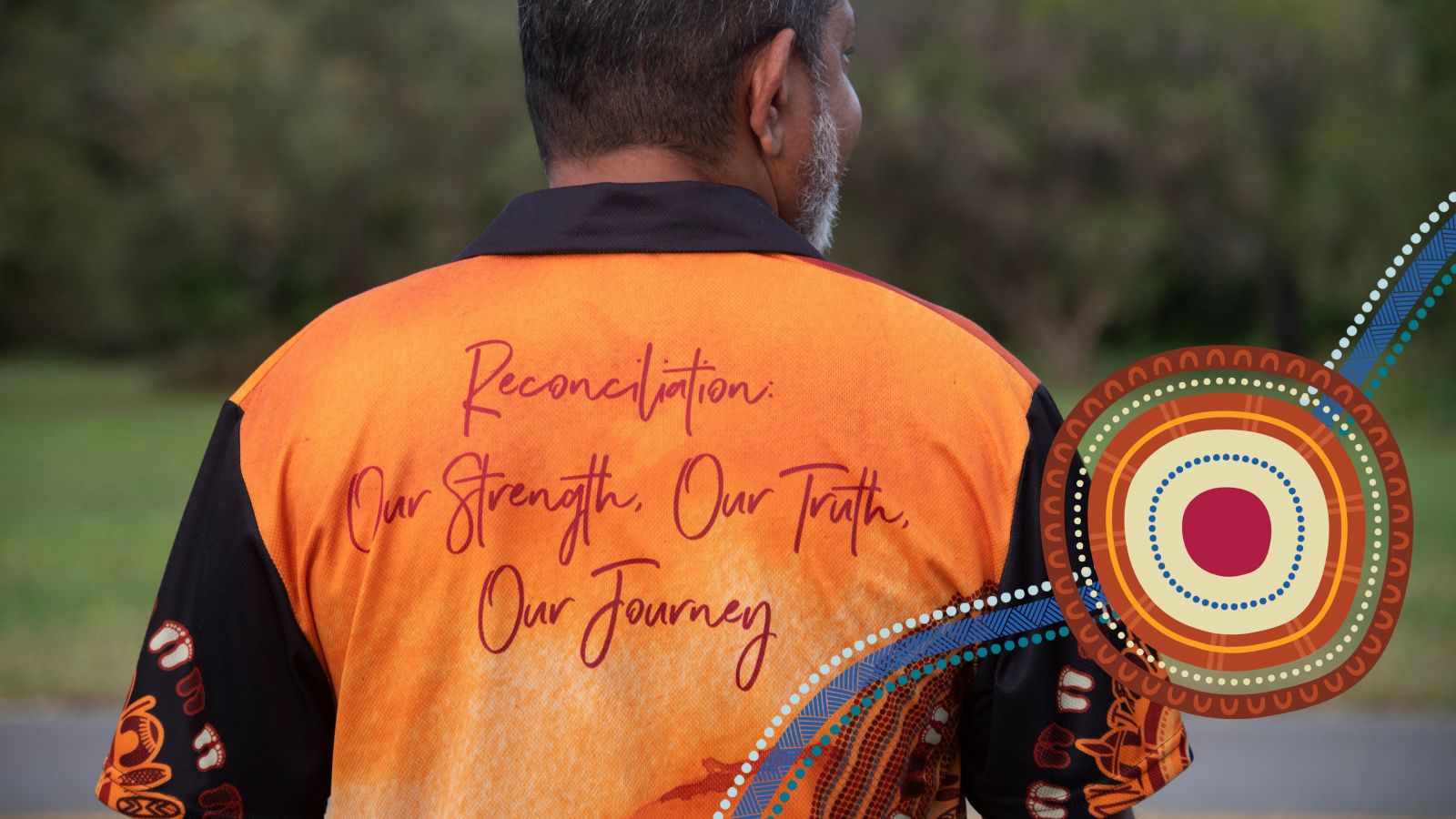National Reconciliation Week
Acknowledgement of Country
The Salvation Army acknowledges the Traditional Owners of the lands and waters throughout Australia. We pay our respect to Elders and acknowledge their continuing relationship to this land and the ongoing living cultures of Aboriginal and Torres Strait Islander peoples across Australia. We also acknowledge future aspirations of all First Nations peoples. Through respectful relationships we will work for the mutual flourishing of Indigenous and non-Indigenous Australians. We commit ourselves in prayer and practice to this land of Australia and its people, seeking reconciliation, unity and equity.
What is National Reconciliation Week?
National Reconciliation Week celebrates the history, culture and achievements of all Australians and encourages each and every person who calls Australia their home to actively contribute towards reconciliation in our country.
National Reconciliation Week is organised by Reconciliation Australia, a not-for-profit organisation and the main body championing reconciliation in Australia.
When is National Reconciliation Week?
Each year National Reconciliation Week is celebrated from 27 May though to 3 June. Reconciliation Week dates remain the same year on year to align with major milestones in our country’s reconciliation journey – the success of the 1967 referendum, and the High Court Mabo decision.
Journeying together towards reconciliation
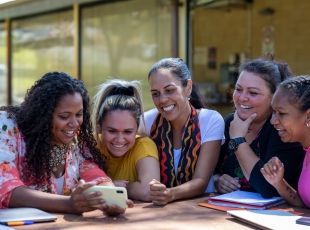
National Reconciliation Week 2023 theme
The theme for National Reconciliation Week in 2023 is ‘Be a Voice for Generations’, encouraging everyone to put into action what they can to ensure our country achieves reconciliation.
Everyone has the power and can use their voice to make their vote count to ensure Australia becomes a better and just country to call home.
Everyone can be a voice for all generations to benefit Australia as a whole.
Why is Reconciliation Week important?
It is important to celebrate Reconciliation Week each year to encourage a continued awareness of and ongoing discussion about our rich histories and our achievements.
Reconciliation Week 2023 supports different ways in which we can move towards reconciliation in Australia.
Everyone has a role to play when it comes to reconciliation and ensuring that all people are given equal opportunities is paramount to the future of Australia.
.jpg)
![]()
How to celebrate Reconciliation Week
Reconciliation Australia encourages the community to hold events, such as these ones. Everyone is encouraged to celebrate Reconciliation Week and actively understand the reasons why this important week exists. Each and every person can be active in their social circle, their school or work life and their neighbourhood to promote and ensure a just, equitable and reconciled Australia. If you belong to a particular group, they may organise their own event. And to enhance your own knowledge about Reconciliation Week, here are some ideas:
- Search online about Indigenous history
- Find out about the land on which you reside or work – contact your local council for further details. There is great significance of the land for Aboriginal and Torres Strait Islander people – including their culture and spirituality, language, identity and family.
- Read up on the theme for National Reconciliation Week 2023
- Learn about National Sorry Day, a day that remembers and honours the Stolen Generation
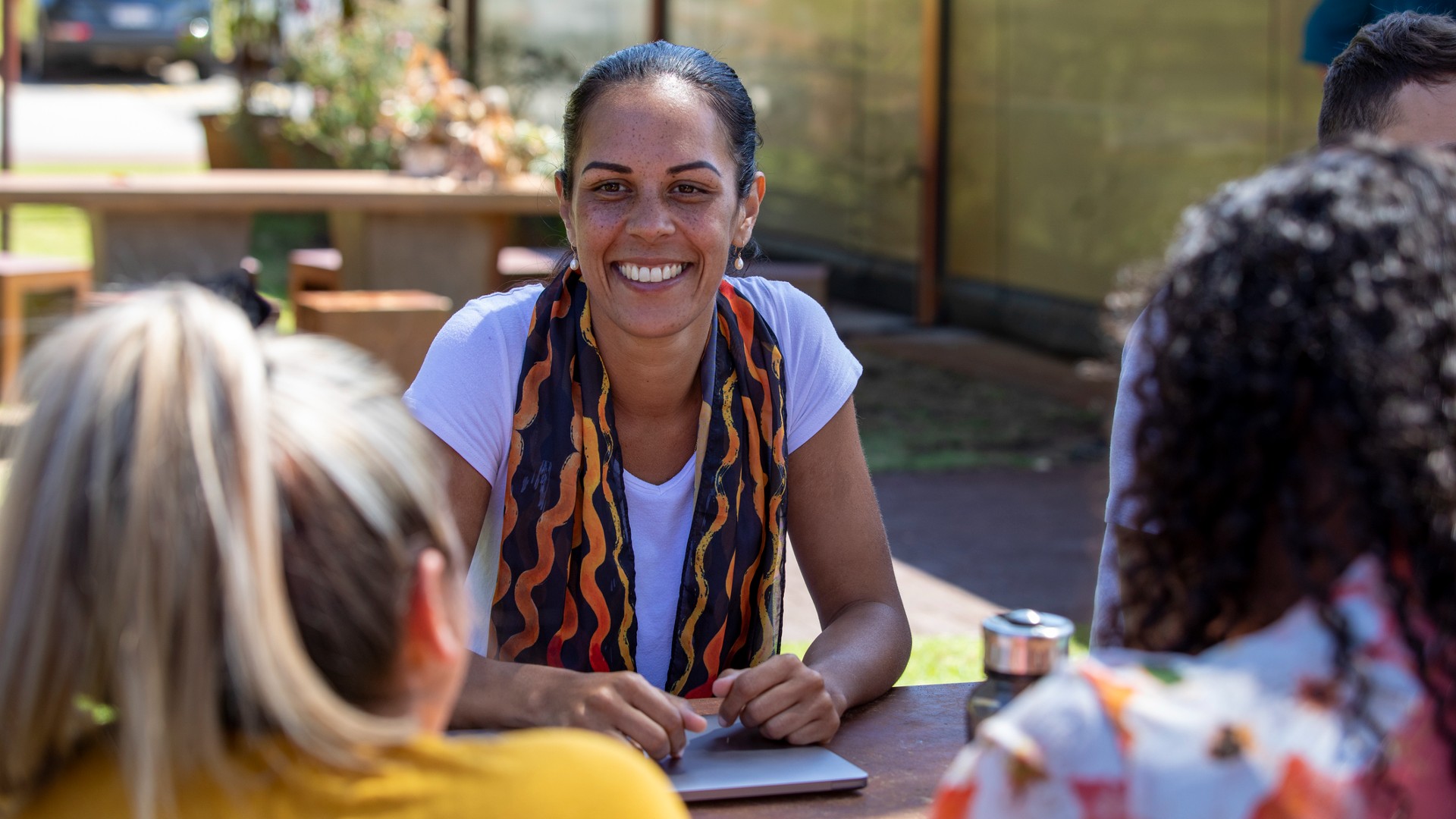
Aboriginal and Torres Strait Islander programs
Our programs and partnerships guide us to support, empower and encourage community leaders and aim to ‘Close the Gap’ by collaboratively working towards greater equality for Aboriginal and Torres Strait Islander peoples.
Various programs include early intervention programs, youth justice programs, housing programs, sports programs, plus others.
Our commitment to reconciliation
We cherish and recognise the oldest living culture on earth. Our respect for the unique cultures, spiritualties, histories and languages of Aboriginal and Torres Strait Islander peoples is documented in our Reconciliation Action Plan.
Our plan is one of action and, in line with this, The Salvation Army supports the establishment of an Aboriginal and Torres Strait Islander Voice, enshrined in the Constitution to empower First Nations peoples.

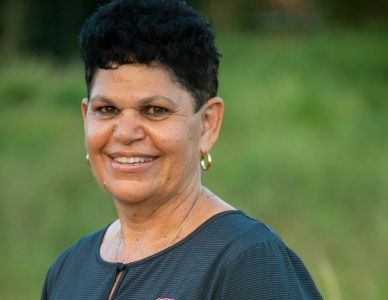
National Reconciliation Week Q&A
This Q&A is with Shirli Congoo, General Manager, Territorial Aboriginal and Torres Strait Islander Team at The Salvation Army and provides further insight into National Reconciliation Week.
National Reconciliation Week encourages all Australians to intentionally focus on our shared history. The week recognises the ongoing impacts and reconciliation journey to unite and strengthen connections between Aboriginal and Torres Strait Islander peoples and non-Indigenous peoples.
Each year, National Reconciliation Week celebrates a different theme. This year’s theme, ‘Be a voice for generations’, encourages all Australians to be a voice for reconciliation in our everyday lives - where we live, work and socialise.
It reminds us that all generations have a part to play for a more just, equitable and reconciled country. The work of past generations is an advantage to us today, and we are called to act now for the benefit of future generations.
Here are some steps you can take towards reconciliation:
- Learn about the significance of the two dates that mark the week from 27 May - 3 June. Understand how Indigenous Australians were impacted by these events, and their struggles to win these rights.
- Acknowledge the Traditional Custodians of the land where you live or work. Feel free to let people on your social media platforms know which traditional lands you call home. It’s a good way to spread knowledge about who the Traditional Custodians are in different areas.
- Explore local Indigenous histories and culture. Their history is tens of thousands of years long and learning about it can aid greater understanding between non-Indigenous and Indigenous people.
There are many different contexts where people can be supportive, from an individual level, family level, church level, workplace level, etc.
The key is to:
- Be respectful and open to learning. This provides a safe space to speak freely for ourselves about the subjects that are affecting our lives, people and community.
- Speak up when you hear someone say something inappropriate that reinforces negative racial stereotypes or are dismissive of our culture and people. If you are not confident in speaking up, share with a friend or colleague who may be able to support you. If you are in a workplace, speak with your line manager.
- Expand your knowledge about the true history of our nation. There is a wealth of information and be mindful that much of what was recorded in the earlier days was from the perspective of colonisers, so the whole truth is not told. Make time to do some research, to read and to listen, with a particular focus on resources by Indigenous authors.
It’s important that you take care of yourself, you won't always get it right. Surround yourself with like-minded people and ask for help if you need it.
Building trust and relationships through ongoing networking with Aboriginal and Torres Strait Islander organisations/groups is critical. This increases the likelihood of improved referral and access pathways for participants or community members engaging with any of our programs.
We must also ensure our places and programs are culturally safe.
Join in local Aboriginal and Torres Strait Islander events and activities to engage with and experience getting to know the people, the place, the history and the way forward.
Stories
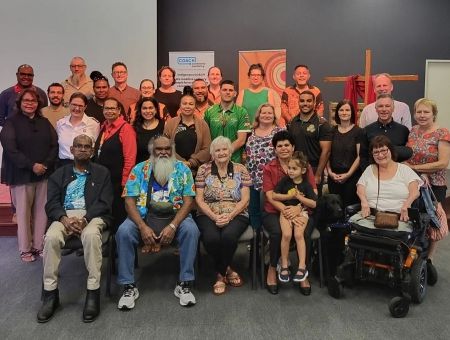
New Indigenous COACH mentoring to support families and individuals to flourish
COACH – ‘Creating Opportunities and Casting Hope’ – is a program aimed at strengthening communities through one-to-one mentoring. Read more